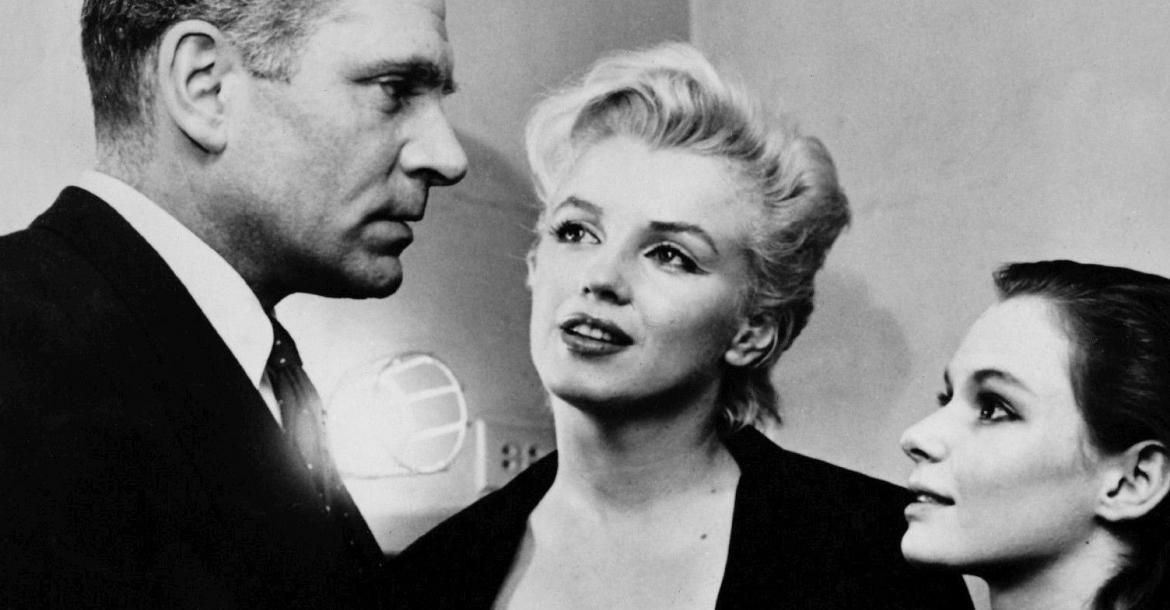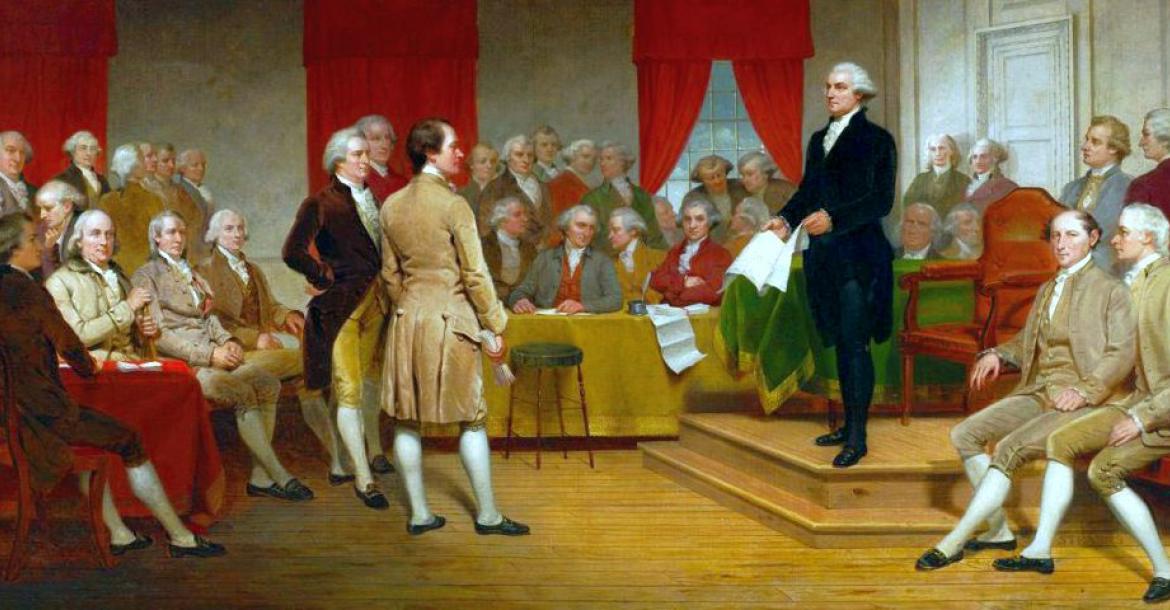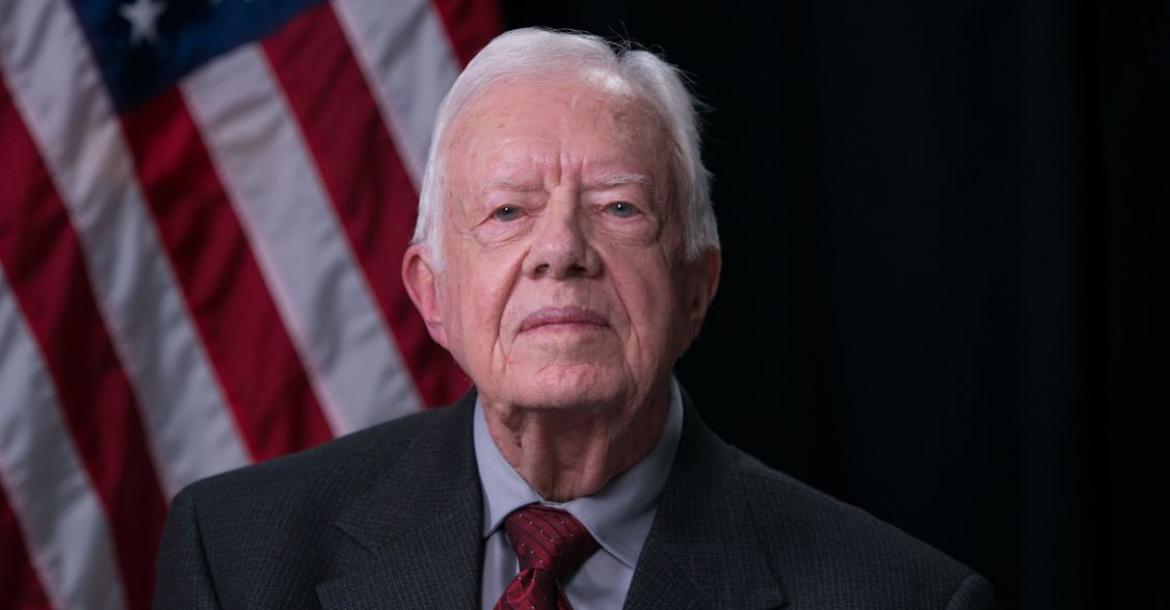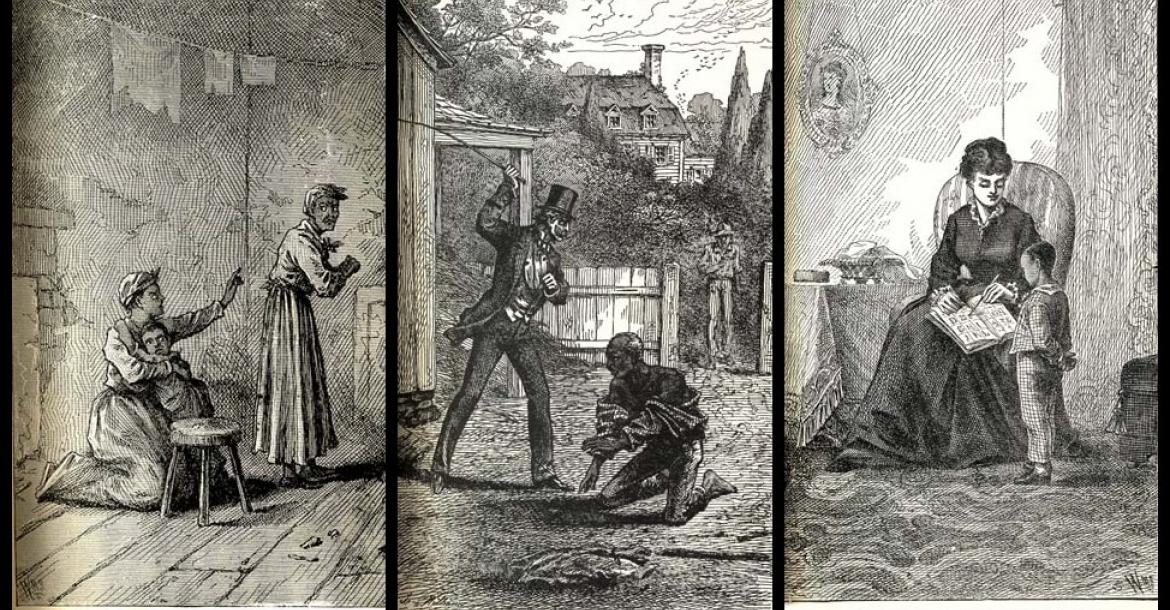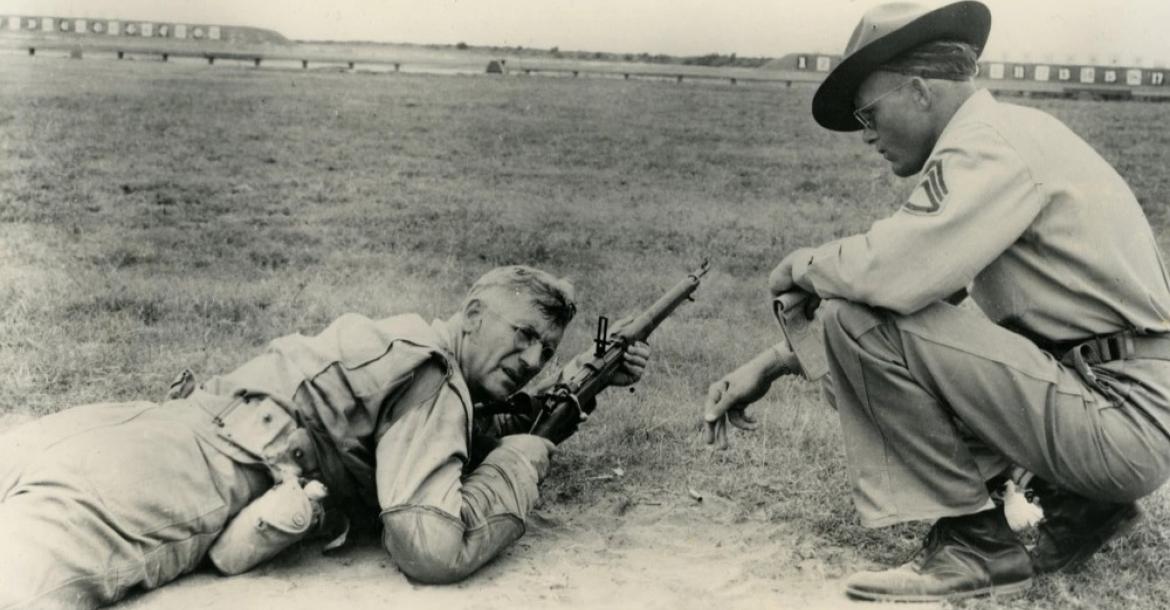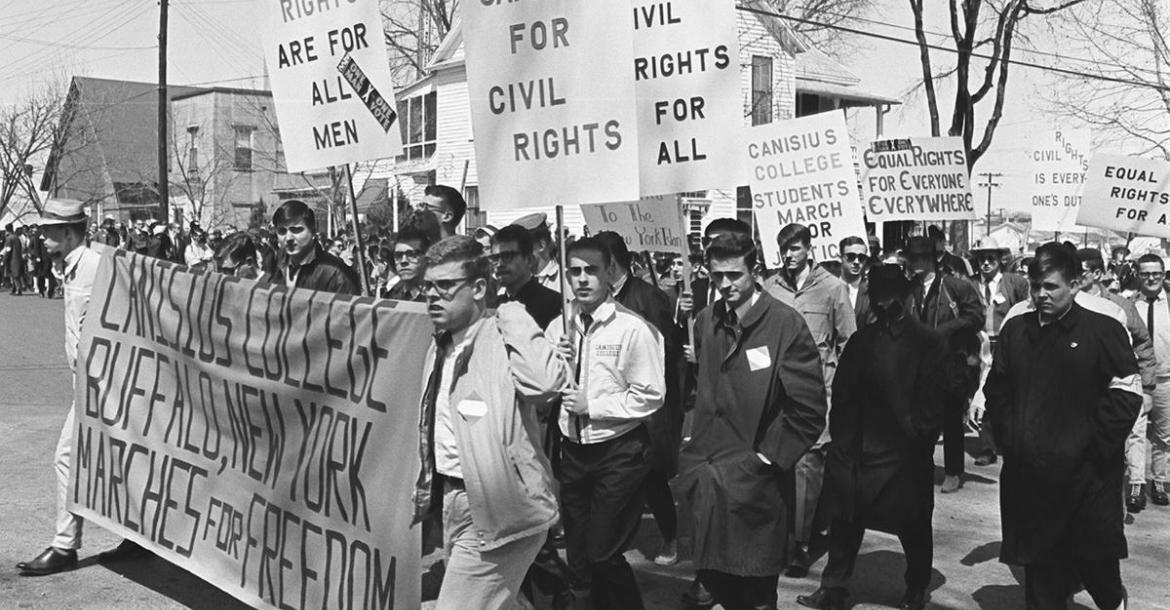Featured Articles
The world’s most prominent actress risked her career by standing up to one of Hollywood’s mega-studios, proving that behind the beauty was also a very savvy businesswoman.
Rarely has the full story been told about how a famed botanist, a pioneering female journalist, and First Lady Helen Taft battled reluctant bureaucrats to bring Japanese cherry trees to Washington.
Often thought to have been a weak president, Carter was strong-willed in doing what he thought was right, regardless of expediency or the political fallout.
Why have thousands of U.S. banks failed over the years? The answers are in our history and politics.
Classic Essays from Our Archives
The future President, who was an aide to Wilson, describes how the Allies bickered at the peace talks after World War I.
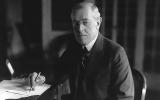
Ike's son, who served under Patton, shares his memories of "Ol' Blood and Guts"

The noted writer and educator recalls his boyhood in the West Virginia town of Piedmont.

The first of a three-part series on the Gen. "Vinegar Joe" Stillwell in China, by the Pulitzer Prize winning historian

Of all the Allied leaders, argues FDR's biographer, only Roosevelt saw clearly the shape of the new world order.

The former Secretary of State recalls his time as a "driver" in the Army before World War I.

-
Shenandoah Valley Campaign ends


